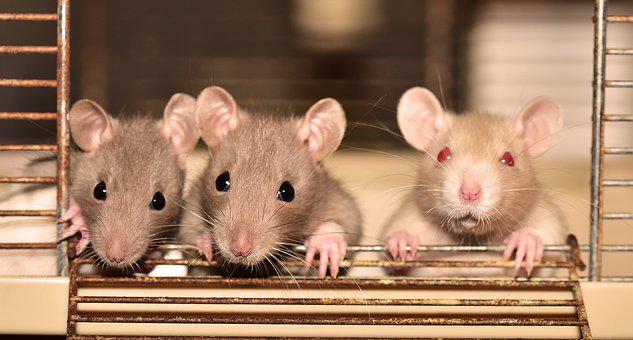
“I feel your pain” is rooted in biology
Seeing an individual in emotional pain can activate our own emotional pain circuits. This provides an interesting link to what Dr. Bowen proposed as the togetherness force. We experience this when we recognize that someone else wants us to feel, think, or act in a certain way. It’s the force to get individuals to be oriented to “for others”. Bowen wrote this about the togetherness force. It is: “assigning positive values to thinking about the other before self, being for the other, sacrificing for others, considering others, feeling responsible for the comfort and well-being of others, and showing love and devotion and compassion for others. The togetherness force assumes responsibility for the happiness, comfort, and well-being of others.” (p. 218)
Individuals experience the togetherness force subjectively, and knowingly or not, frequently. We experience it as a social cue while we are interacting with others. Dr. Kerr has talked about “the primary social cues that mediate interactions between people are sensitivities to approval, attention, expectations, and distress.” (pp. 5)
Rats understand “I feel your pain”
Recent research describes how this can be objectively observed in our biology. A recent research study has shown that rats literally feel another rat’s pain. If one rat observes another rat in pain, the observing rat has mirror neurons that selectively activate the observing rat’s brain pain circuits. These are the same pain circuits that activate normal pain in a rat. Nature is great at reusing what already works.
I act on your pain as well.
Not only do the pain circuits activate, but other circuits activate, which start the behaviours that automatically follow a pain experience. Behaviours like freezing and orienting to the source of pain. Pretty efficient if you want to live long and prosper as a rat! The researchers could even isolate observing pain specific responses versus observing fear (or what humans call fear).
I do feel your pain: it’s contagious.
This all happens in a brain region that all mammals have in common (the ACC). So, sorry, but this “ratty” behaviour is part of us. Unless you are a sociopath with an impaired ACC. So, for normal humans, this is an obvious example of how we can automatically react, non-consciously, to what’s going on with another person. It makes complete sense from an evolutionary perspective. We are a social species that traditionally lived in smaller groups, like an extended family. So, if I see you in pain, I should automatically react so I can deal with that source of pain.
Contagious feelings or empathy?
The other interesting idea here is that this kind of response may have led to the development of empathy. The automatic response to another in pain is not empathy, it’ is contagious behaviour. Empathy requires thinking because empathy is the ability to understand another’s feelings. It is much easier to understand another’s pain if you are literally feeling it. So feel first, understand second.
You feel me?
Bowen theory posits that our emotional state is so influenced by others that we exist in an emotional system versus a group of individuals. The togetherness force is that “force” that works for us to be aware of, and automatically respond to, emotions in others. This automaticity of the emotional reactions and feedback of individuals creates an emotional system.
So next time you wince at someone’s pain, remember your rat ancestors. And then work to be more mindful in the moment. As you’ll read in the next blog post, our biology orients us to help others we see in distress. This biology links us to those important to us and is more established than one might imagine! Even more reason to be working on defining self.
Dave Galloway
dave.galloway@livingsystems.ca
You can find Dr. Bowen’s book of collected papers: Family Therapy in Clinical Practice here: Family Therapy in Clinical Practice
Fin Michael Kerr’s book, Bowen Theory’s Secrets: Revealing the Hidden Life of Families here: Bowen Theory’s Secrets
Read more about Bowen Theory here: https://livingsystems.ca/bowen-theory/
You can find the Open Access rat study here: Emotional Mirror Neurons in Rats Current Biology – Emotional Mirror Neurons in the Rat’s Anterior Cingulate Cortex by Maria Carrillo et al.
